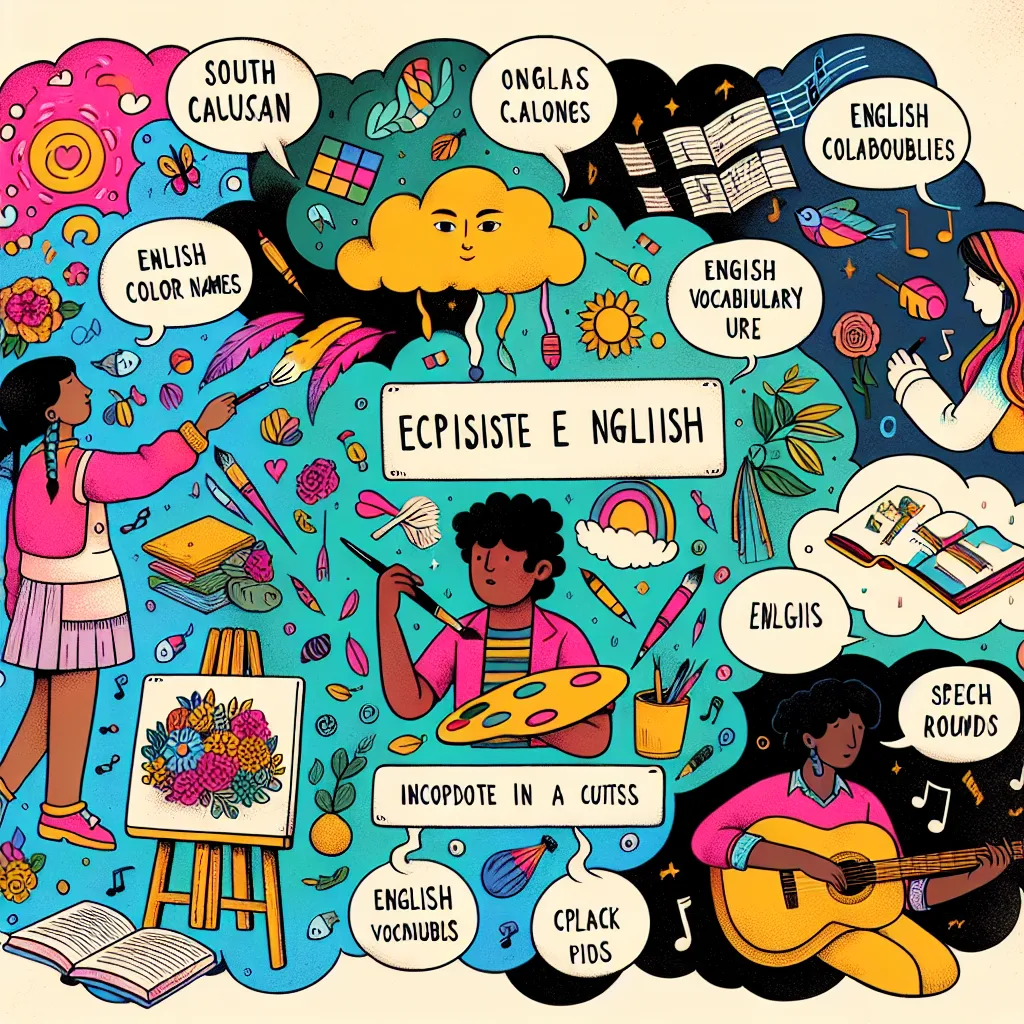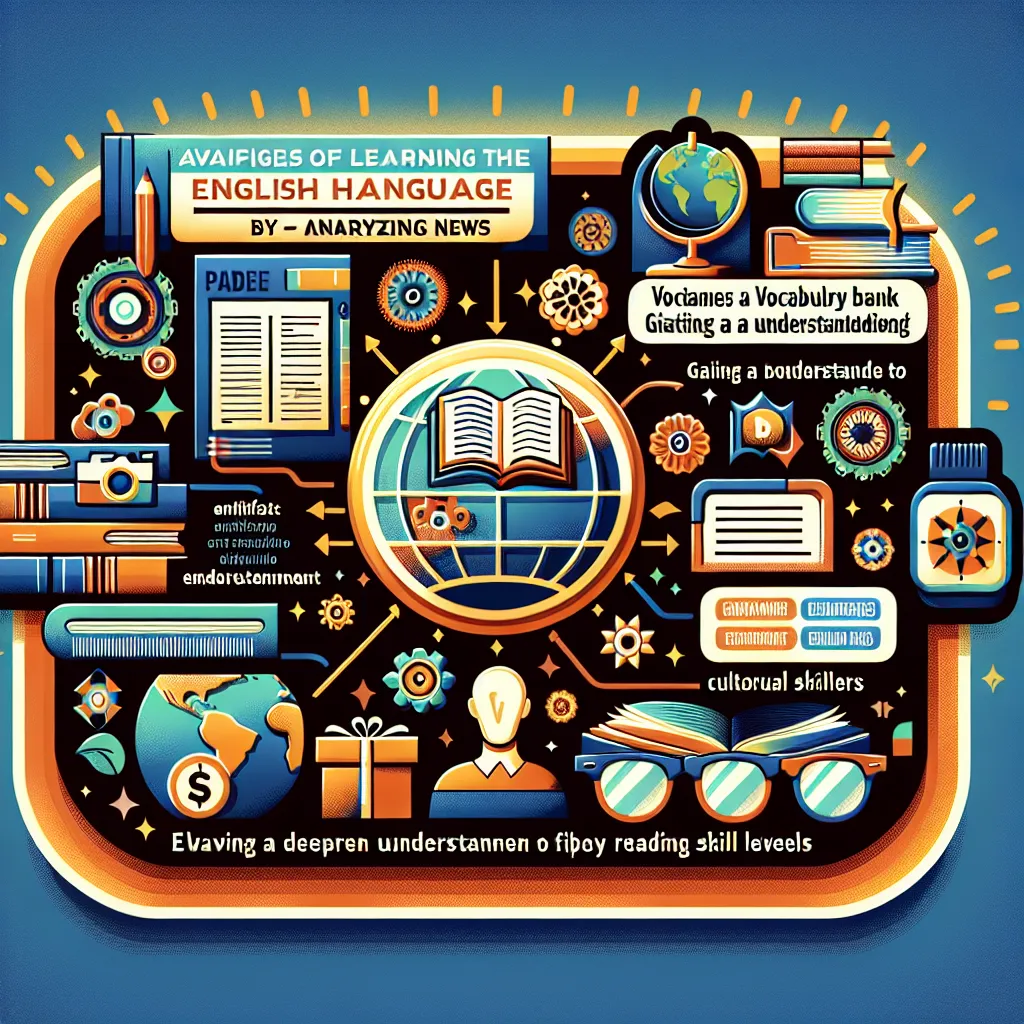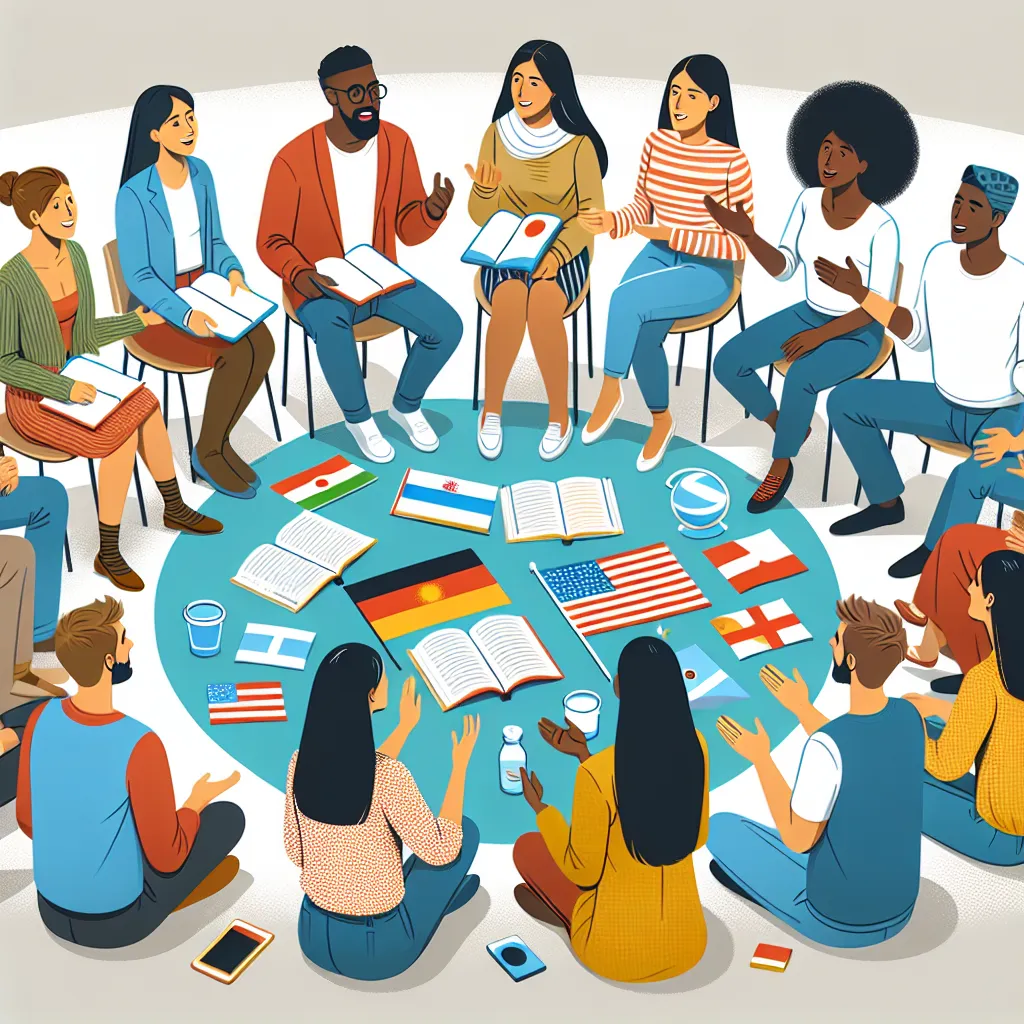Are you looking for innovative ways to enhance your English skills? Learning a language doesn’t have to be a mundane task of memorizing vocabulary and grammar rules. By incorporating creative tasks into your study routine, you can make the process more engaging, enjoyable, and effective. In this article, we’ll explore some practical Tips For Mastering English Through Creative Tasks that will help you improve your language skills while having fun.
Why Creative Tasks Are Essential for Language Learning
Creative tasks are vital in language acquisition because they engage multiple senses and cognitive functions. When you participate in creative activities, you’re not just passively absorbing information; you’re actively using the language in context, which helps reinforce learning and improves retention.
 Creative English Learning
Creative English Learning
Benefits of Creative Tasks in English Learning
- Enhanced Motivation: Creative tasks make learning more enjoyable, increasing your motivation to continue studying.
- Improved Memory: When you associate language with creative experiences, it becomes more memorable.
- Practical Application: These tasks often simulate real-life situations, preparing you for actual English usage.
- Holistic Skill Development: Creative activities typically involve multiple language skills simultaneously (listening, speaking, reading, and writing).
Top Creative Tasks for Mastering English
Let’s dive into some effective creative tasks that can significantly boost your English proficiency.
1. Storytelling and Creative Writing
Storytelling is an excellent way to practice English while unleashing your creativity. Here are some ideas:
- Write a short story using new vocabulary words you’ve learned.
- Create a comic strip with English dialogues.
- Participate in online writing prompts and share your work with others.
For instance, you could challenge yourself to write a 100-word story using five new idioms you’ve recently learned. This task not only reinforces vocabulary but also improves your writing skills and grammar usage.
2. Role-Playing and Drama Activities
Acting out scenarios in English can greatly enhance your speaking and listening skills. Try these:
- Create and perform skits with friends or language exchange partners.
- Reenact scenes from your favorite English movies or TV shows.
- Participate in online language exchange role-playing sessions.
For example, you could recreate a job interview scenario, playing both the interviewer and interviewee roles. This helps you practice professional English and improves your confidence in real-world situations.
3. Music and Lyrics
Music is a powerful tool for language learning. Here’s how you can use it:
- Translate your favorite songs from your native language to English.
- Write your own lyrics to popular melodies.
- Create a podcast discussing English music and lyrics.
Try writing new verses for a popular English song, incorporating vocabulary you’re currently studying. This task enhances your understanding of rhyme, rhythm, and poetic expression in English.
4. Visual Arts and Language
Combining visual arts with language learning can be incredibly effective:
- Create vocabulary mind maps with illustrations.
- Design infographics explaining English grammar rules.
- Make video tutorials teaching English concepts through art.
For instance, you could create a colorful mind map of phrasal verbs related to business, using images and example sentences. This visual approach aids in memorization and understanding of complex language structures.
How to Implement Creative Tasks in Your English Learning Routine
To make the most of these creative tasks, consider the following tips:
-
Set Clear Language Goals: Before starting a creative task, identify specific language skills or areas you want to improve.
-
Allocate Regular Time: Dedicate a specific time each week for creative English activities.
-
Seek Feedback: Share your creative work with native speakers or teachers for constructive feedback.
-
Reflect on Your Learning: After each task, write a brief reflection on what you learned and areas for improvement.
-
Vary Your Activities: Mix different types of creative tasks to keep your learning fresh and engaging.
Common Pitfalls to Avoid
While creative tasks are beneficial, be aware of these potential pitfalls:
- Overemphasis on Creativity at the Expense of Accuracy: While creativity is important, don’t neglect grammar and proper language usage.
- Lack of Structure: Ensure your creative tasks align with your overall language learning goals.
- Isolation: Don’t forget to balance creative tasks with other forms of language practice and exposure to native content.
Next Steps: Advancing Your English Through Creativity
Once you’ve incorporated creative tasks into your routine, consider these advanced steps:
- Join an English Creative Writing Group: Collaborate with others and receive peer feedback.
- Participate in Language Contests: Enter English storytelling or poetry competitions to challenge yourself.
- Start a Blog or Vlog: Share your creative English content online to connect with a wider audience.
For more ideas on enhancing your English skills, check out our articles on tips for enhancing English writing fluency and general English study tips.
Conclusion
Mastering English through creative tasks is an enjoyable and effective way to improve your language skills. By engaging in activities like storytelling, role-playing, music, and visual arts, you can enhance your vocabulary, grammar, and overall fluency while having fun. Remember to set clear goals, seek feedback, and reflect on your progress. With consistent practice and a creative approach, you’ll find yourself making significant strides in your English language journey.
We encourage you to try out these creative tasks and share your experiences in the comments below. What creative methods have you found most effective in your English learning journey?




